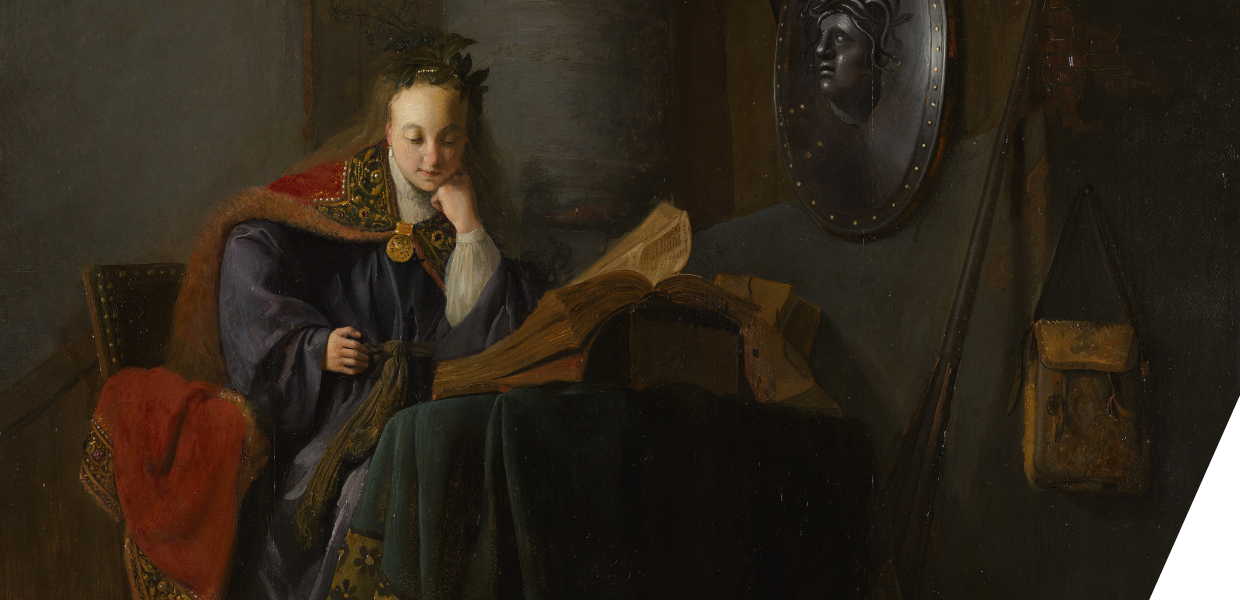Earlier this year, the European Commission launched an exploratory consultation on the future of the electronic communications sector and its infrastructure. The consultation considers the potential need for all players benefitting from digital transformation to fairly contribute to Europe’s required investments in this area in the coming years. The Europeana Foundation was pleased to partner up with Creative Commons and the International Federation of Library Associations and Institutions (IFLA) to submit a joint response to the consultation.
In our joint submission, we welcome the efforts made by the European Commission to examine how to expand broadband access and ensure the capacity of networks continues to expand and support helpful innovation. On the other hand, we express our concern that this might lead to a new legal basis for telecom companies to require payments from content and application providers for sending and ‘generating’ traffic. This could have a negative impact on net neutrality and on a healthy internet which is based on openness and fairness, values that the three submitting organisations deeply cherish and defend.
The joint submission highlights the particular impacts this development would have on knowledge and cultural heritage institutions. The Europeana Foundation, Creative Commons and IFLA represent galleries, libraries, archives, museums and other institutions and individuals that facilitate the sharing of knowledge and culture, also online. We play fundamental roles in serving communities across Europe, providing resources and services for enjoyment, education, research and the advancement of knowledge, and stimulating creativity and innovation in the service of an open, democratic and trusted digital environment. The Europeana Foundation concretely works towards this vision in its role as steward of the common European data space for cultural heritage, and all three co-signatory organisations work towards a digital environment where access to culture is not jeopardised or monopolised.
For the institutions and communities we support, these new tolls would pose particular concerns. Knowledge and cultural institutions act as repositories for large amounts of data — we are responsible for collecting, storing, and making available all sorts of media and information to the general public, often under public mandates. While an individual user may not make use of the entire catalogue of information, collectively serving our communities can mean serving large amounts of data. Moreover, knowledge and cultural institutions serve academics and researchers who do require access to large amounts of the corpus for their public-interest activities.
We fear that, under this premise, such institutions could be considered ‘large traffic generators’ and forced to pay new fees. As public serving institutions, they already face significant budget strains, and new fees would inevitably mean limiting the services we provide, and using our resources to bolster the turnover of telecom operators rather than to deliver on our missions.
As we note in our joint submission, there are many other ways to support open, robust and affordable internet access, including expanding access for wireless services and community networks, modernising universal service funding, and collaborating with knowledge and cultural institutions, which in some cases already work to provide Internet access to surrounding residents. We hope these and other ideas will become the focus as this consultation moves forward.
The Europeana Foundation, Creative Commons and IFLA stand ready to work with the European Commission and other stakeholders on alternative ways to ensure open internet and equal treatment of data traffic for all, in line with the principle of net neutrality.



